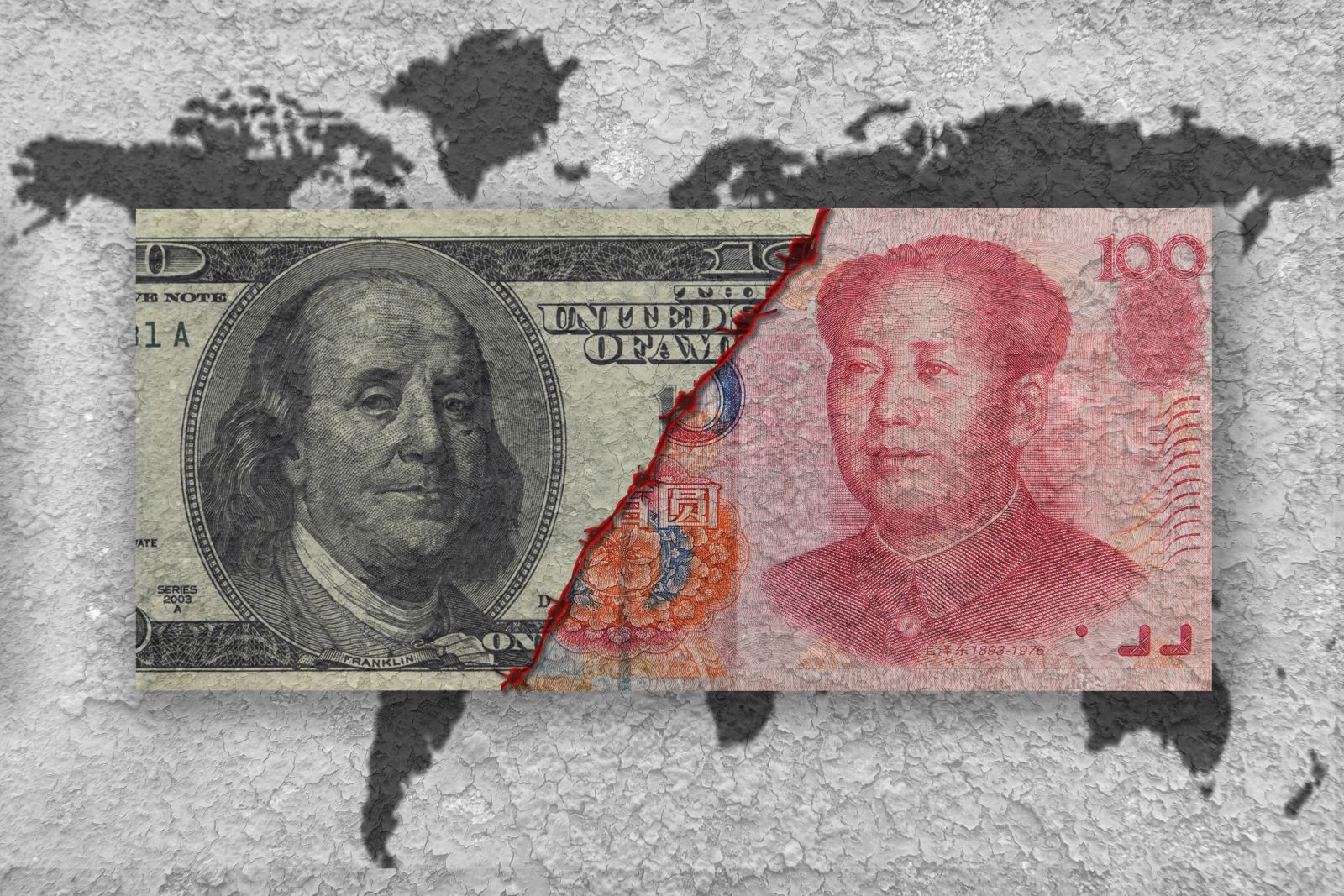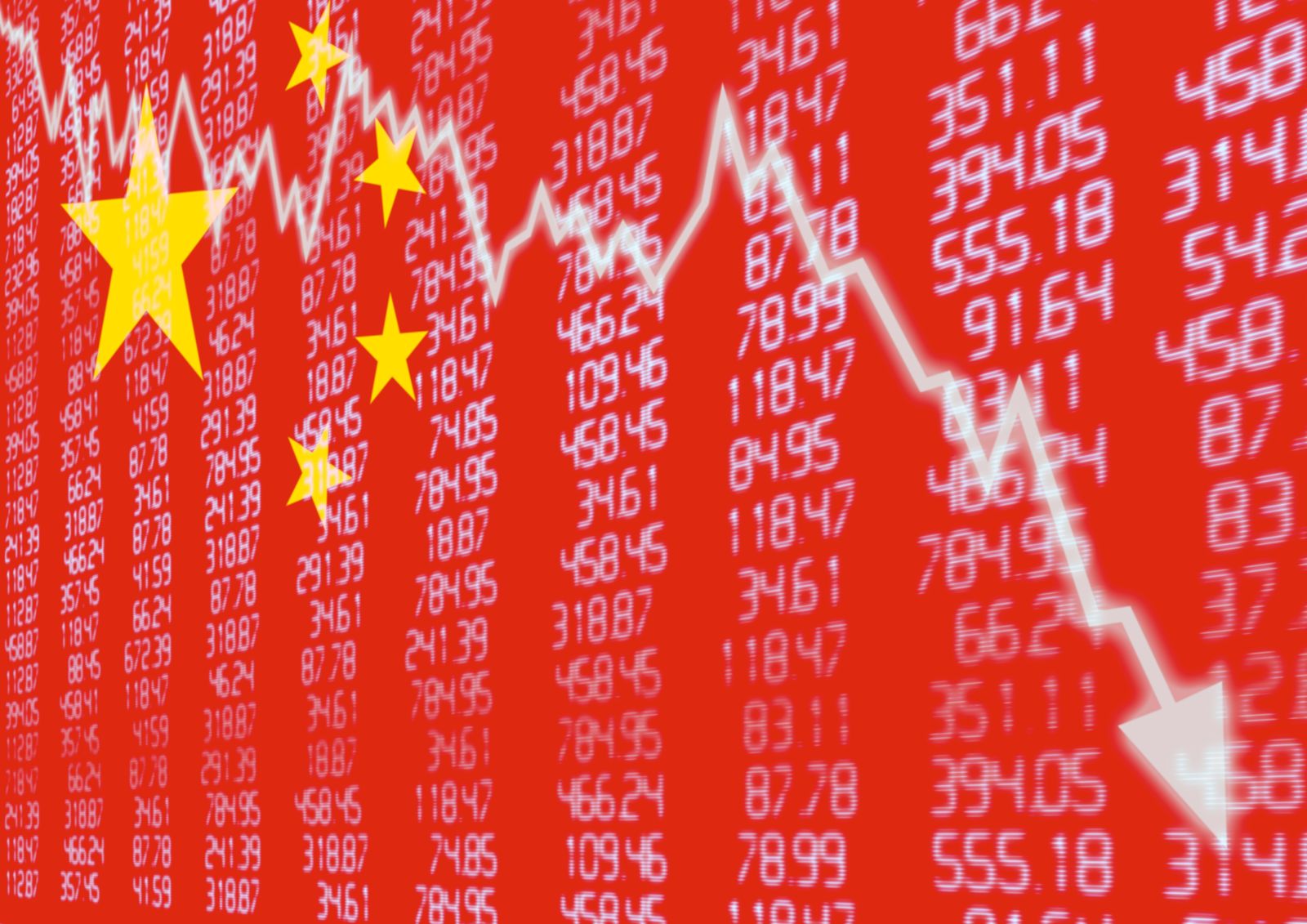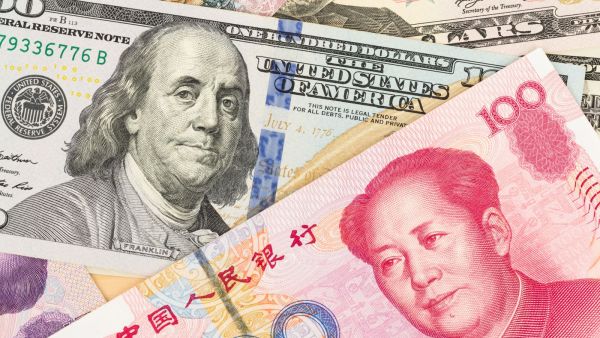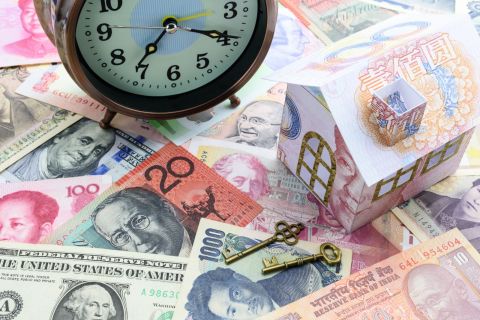ALBAWABA – The Chinese Yuan has been falling for the better part of the week with the United States (US) dollar gaining, as China state banks sell US dollars for Yuan during London and New York trading hours to strengthen the country’s national currency, Reuters reported Thursday.
In a Reuters exclusive that was released earlier on Thursday, China’s major state-owned banks were reportedly seen buying yuan in both onshore and offshore spot foreign exchange markets this week.
Unnamed sources told the Canada-based news agency that the banks are acting on the behest of the central bank of China to shore up the value of the yuan.
"State bank dollar selling has become a new normal to slow the pace of yuan depreciation," one Shanghai-based trader told Reuters.
Offshore branches of state banks were also seen selling dollars during London and New York trading hours this week, two unnamed privy sources confirmed to Reuters on Thursday.
Why do China state banks sell US dollars for Yuan?
Selling dollars for yuan in offshore markets helps limit dips in the offshore yuan and prevents it from diverging too far from its onshore counterpart.
The yuan has lost about 2.4 percent of its value against the dollar this month, and 6 percent overall since the start of the year.

The onshore yuan traded at 7.3145 per dollar as of 0442 GMT, while the offshore yuan last fetched 7.3400, according to Reuters.
The government's slow delivery of stimulus measures to bolster growth, thus far, has disappointed investors. Meantime, the People's Bank of China (PBOC) has eased monetary policy to support the economy, though the price paid for lowering interest rates is placing more pressure on the yuan.
This week, bond yield differentials between China and the US widened to their highest in 16 years, Reuters reported.
Investors speculate that the PBOC would ease policy further after a surprise rate cut this week, even if it puts the yuan under more pressure, the news agency said.
Similar tactic were seen in September 2022, when the PBOC also asked major state-owned banks to be prepared to sell dollars for yuan in offshore markets as it tried to stem the yuan's fall.

In July, the central bank adjusted a parameter to allow companies to borrow more overseas, so that they could bring in foreign currency, to be converted onshore, to bolster the yuan. But the higher interest rates charged on overseas loans remained a deterrent to borrowing abroad, undermining the impact of this specific policy tweak, according to Reuters’ analysts.
One tactic that does appear to have worked is state banks offering to lend less yuan in the offshore Hong Kong market. Liquidity tightness there helped to limit the yuan's decline this week, traders told Reuters.
Hong Kong's overnight yuan borrowing costs jumped to the highest since April 2022 on Wednesday, with the CNH Hong Kong Interbank Offered Rate benchmark (CNH HIBOR) rising across the board.
The liquidity squeeze was not very drastic as aggressively mopping up yuan liquidity from that market could adversely affect bond market sentiment, one banker noted.









